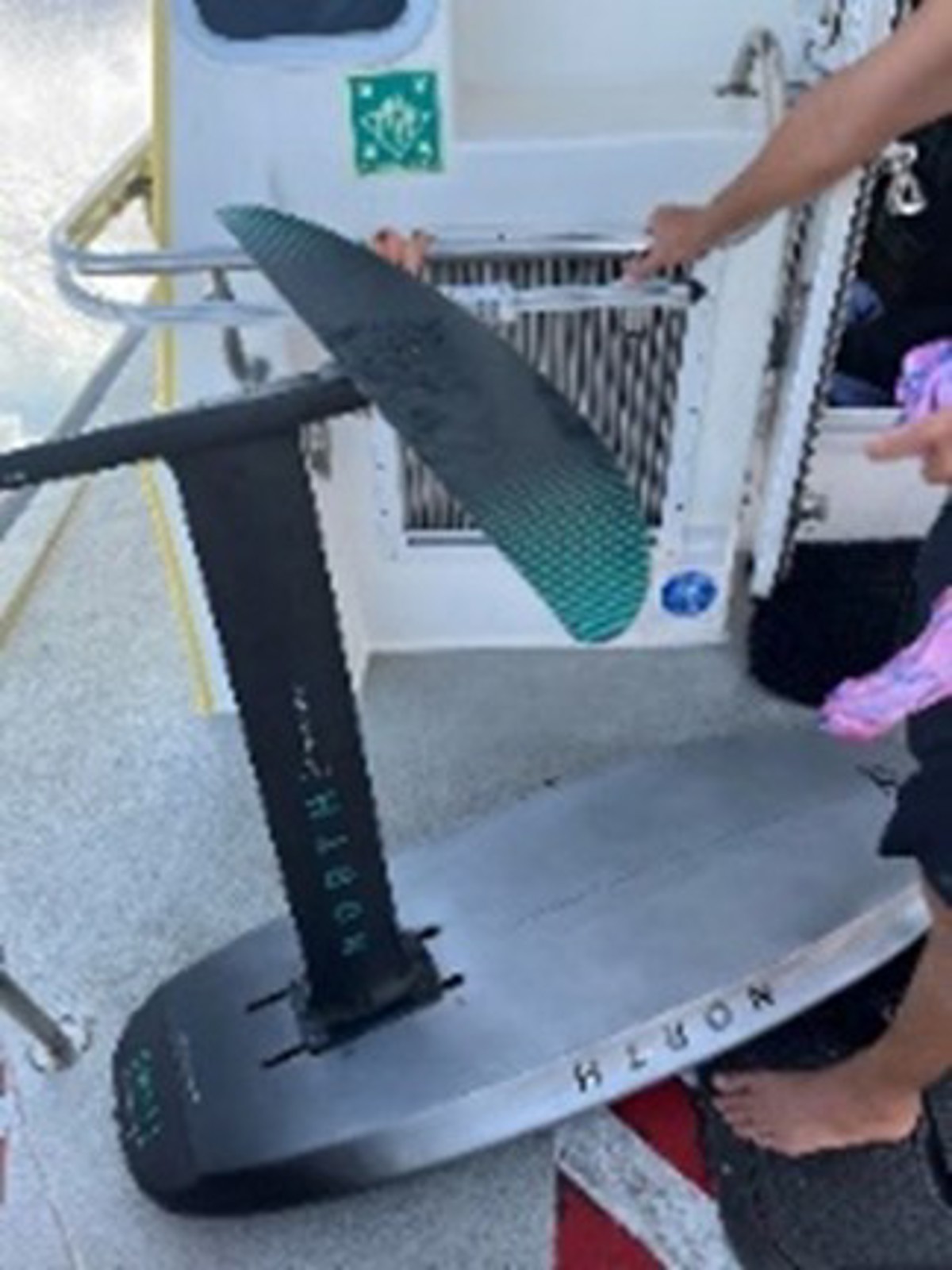Positive: successful rescue of surfer on the open sea
- Safety Flash
- Published on 24 October 2024
- Generated on 29 April 2025
- IMCA SF 21/24
- 2 minute read
Jump to:
The crew of a small pilot boat at sea spotted a surfer in distress.
What happened?
The skipper of the boat approached the area and using the vessel’s megaphone communicated with the surfer who acknowledged that he was in distress. The MOB ramp was then deployed so that the surfer could safely board the boat. After the surfer was safely aboard, the pilot boat informed the local authorities and the company, and went to port where the local authorities arrived to receive the surfer.
The crew quickly identified the distressed seafarer and acted promptly, demonstrating excellent vigilance and responsiveness.

Recommendations
- Maintain Vigilant Watch: Ensure crew members are always alert and attentive to their surroundings to quickly spot any signs of distress or emergency situations at sea.
- Regular Emergency Drills: Conduct frequent training and emergency drills to prepare the crew for various scenarios, enhancing their readiness and response time.
- Equip with Proper Safety Gear: Ensure all vessels are equipped with essential safety equipment, including life jackets, lifeboats, flares, and communication devices, and regularly check their functionality.
- Establish Clear Communication Protocols: Develop and maintain clear communication protocols for emergencies, ensuring all crew members know how to relay information swiftly and effectively.
- Stay Updated on Weather Conditions: Continuously monitor weather reports and sea conditions to avoid dangerous situations, and make informed decisions about navigation and rescue operations.
- Collaborate with Other Vessels and Authorities: Establish communication channels with nearby vessels and maritime authorities to coordinate efforts and share information during rescue operations.
Related Safety Flashes
-
IMCA SF 21/20
13 July 2020
IMCA Safety Flashes summarise key safety matters and incidents, allowing lessons to be more easily learnt for the benefit of the entire offshore industry.
The effectiveness of the IMCA Safety Flash system depends on the industry sharing information and so avoiding repeat incidents. Incidents are classified according to IOGP's Life Saving Rules.
All information is anonymised or sanitised, as appropriate, and warnings for graphic content included where possible.
IMCA makes every effort to ensure both the accuracy and reliability of the information shared, but is not be liable for any guidance and/or recommendation and/or statement herein contained.
The information contained in this document does not fulfil or replace any individual's or Member's legal, regulatory or other duties or obligations in respect of their operations. Individuals and Members remain solely responsible for the safe, lawful and proper conduct of their operations.
Share your safety incidents with IMCA online. Sign-up to receive Safety Flashes straight to your email.